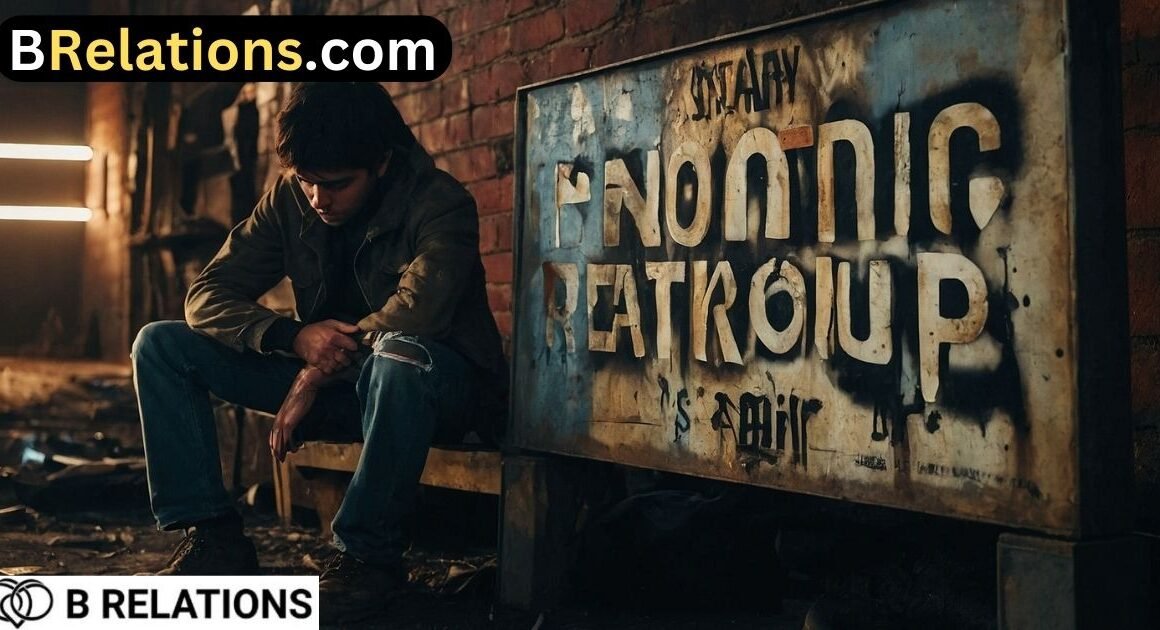According to recent studies, approximately 1 in 3 relationships exhibits signs of toxicity, highlighting the prevalence of this concerning issue. It’s crucial to recognize and address Signs of a Toxic Relationship to safeguard our mental and emotional well-being.

What are Signs of a Toxic Relationship?
Signs of a Toxic Relationship are characterized by patterns of behavior that undermine the well-being and autonomy of one or both partners. Unlike healthy disagreements or challenges, toxic relationships perpetuate negativity and harm, often leading to emotional distress and psychological trauma.
Why is it Important to Identify Them?
Identifying Signs of a Toxic Relationship is essential because they can have severe consequences on mental and emotional health. From diminished self-esteem to increased stress and anxiety, toxic dynamics can erode our sense of self-worth and hinder personal growth. Recognizing the signs early allows individuals to take steps towards healing and establishing healthier relationships.

Unveiling the Warning Signs:
| Sign | Description | Example (optional) | Quote (optional) |
|---|---|---|---|
| Lack of Respect: | Belittling, name-calling, disregarding boundaries. | “They constantly put me down in front of others.” | “Respect is the foundation of any healthy relationship.” – Dalai Lama |
| Controlling Behavior: | Possessiveness, manipulation, isolating you from loved ones. | “They wouldn’t let me see my friends or family without them.” | “A healthy relationship is about trust, not control.” – Unknown |
| Unhealthy Communication: | Constant criticism, blaming, inability to have open conversations. | “They always turn arguments into my fault, even when they’re wrong.” | “Communication is the key to a successful relationship.” – John Gottman |
| Emotional Manipulation: | Guilt-tripping, playing the victim, making you feel responsible for their emotions. | “They threaten to hurt themselves if I leave them.” | “Don’t let anyone manipulate you into feeling responsible for their happiness.” – Les Brown |
| Jealousy and Possessiveness: | Excessive jealousy, controlling your movements. | “They track my phone location and get upset if I don’t answer their calls immediately.” | “Healthy love shouldn’t feel like a prison.” – Unknown |
| Narcissistic Behavior: | Self-centeredness, lack of empathy, exploiting others. | “They always make everything about themselves and dismiss my feelings.” | “In a healthy relationship, both partners’ needs are valued.” – Unknown |

Seeking Help and Moving Forward:
Leaving a Signs of a Toxic Relationship can be daunting, but it’s essential to prioritize your well-being. If you’re in immediate danger, seek help from trusted friends, family, or local authorities. Additionally, consider reaching out to hotlines and websites for domestic violence and abuse support. Therapy and counseling services can also provide invaluable support in navigating the complexities of toxic relationships and healing from emotional wounds. Remember to practice self-care, develop healthy coping mechanisms, and surround yourself with positive influences as you embark on your journey towards a happier and healthier life.
Conclusion:
Recognizing the signs of a toxic relationship is the first step towards reclaiming your happiness and well-being. You deserve love, respect, and support in your relationships. By seeking help and taking proactive steps towards healing, you can break free from toxic dynamics and cultivate healthy, fulfilling connections. Remember, you are worthy of love and happiness, and you have the strength to create a life filled with positivity and joy.
Google Suggested Questions:
What are the signs of a toxic relationship?
- Signs of a toxic relationship include lack of respect, controlling behavior, unhealthy communication patterns, emotional manipulation, jealousy, possessiveness, narcissistic behavior, gaslighting, neglect, and physical or emotional abuse.

How do I know if I’m in a toxic relationship?
- If you frequently feel unhappy, anxious, or invalidated in your relationship, it may be a sign of toxicity. Pay attention to patterns of behavior such as disrespect, control, manipulation, and abuse.
What should I do if I’m in a toxic relationship?
- If you’re in a toxic relationship, prioritize your safety and well-being. Consider seeking support from trusted friends, family, or professionals. Establish boundaries, seek therapy or counseling, and explore options for leaving the relationship if necessary.
How can I heal from a toxic relationship?
- Healing from a toxic relationship involves self-care, therapy, and support from loved ones. Focus on rebuilding your self-esteem, setting healthy boundaries, and processing your emotions. Engage in activities that bring you joy and surround yourself with positivity.
Where can I find help and support for a toxic relationship?
- There are numerous resources available, including hotlines, websites, therapy, support groups, and advocacy organizations dedicated to helping individuals navigate toxic relationships and heal from emotional trauma.



